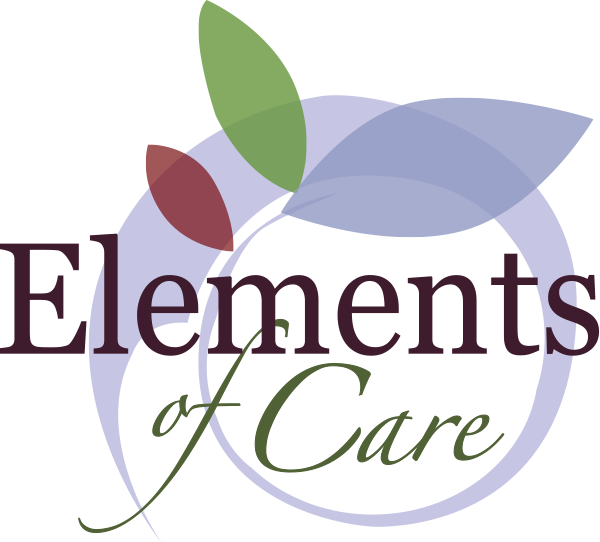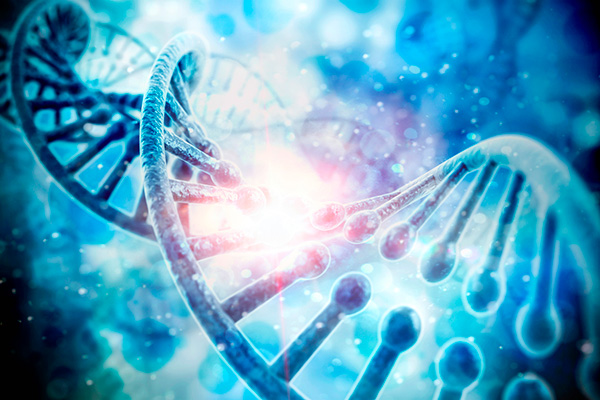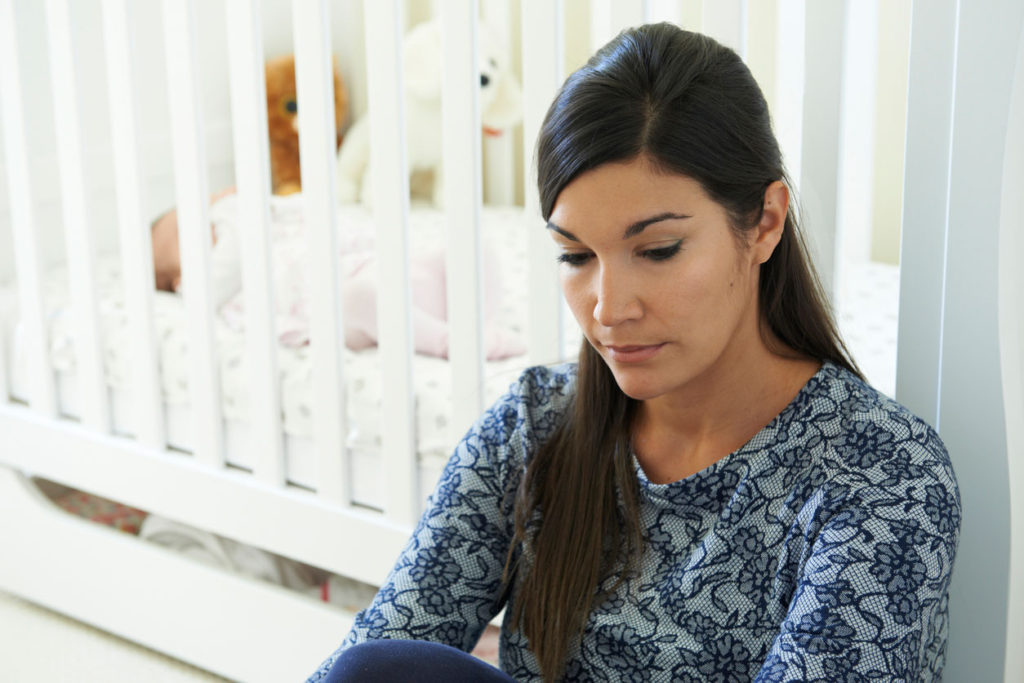Your ethnicity could provide clues to help determine if your baby could have a rare genetic condition. There are some inherited conditions that are more common in certain ethnic groups than others (see the following Table). Most often, a child would only be affected with one of these conditions if the mother and father are carriers. Carriers usually have no symptoms of the disease and may not have a family history of the disease.
To find out if you are a carrier for these conditions, you need to provide a blood sample. If you want to find out for sure if your baby will be affected with one or more of these conditions, an amniocentesis or a CVS can be done. It is your choice whether or not to have any or all of these tests. Please check with your insurance carrier about coverage for these tests.
| Ancestral Group | Hereditary Condition | Chance of Being a Carrier |
| African-American | Beta Thalassemia | 10% (10 out of 100) |
| Sickle Cell Disease | 11% (11 out of 100) | |
| Eastern European (Ashkenazi) Jewish | Canavan Disease | 2.5% (2-3 out of 100) |
| Cystic Fibrosis | 3-4% (3-4 out of 100) | |
| Familial Dysautonomia | 3% (3 out of 100) | |
| Tay-Sachs Disease | 3% (3 out of 100) | |
| European Caucasian | Cystic Fibrosis | 3% (3 out of 100) |
| Mediterranean | Beta Thalassemia | 3-5% (3-5 out of 100) |
| Sickle Cell Disease | 2-30% (2-30 out of 100) | |
| East and Southeast Asian** | Alpha Thalassemia | 5% (5 out of 100) |
| Beta Thalassemia | 2-4% (2-4 out of 100) | |
| Hispanic** | Beta Thalassemia | 0.25-8% (<1-8 out of 100) |
| Sickle Cell Disease | 0.6-14% (<1-14 out of 100) | |
| Middle Eastern and South Central Asian** | Beta Thalassemia | 0.5-5.5% (<1-6 out of 100) |
| Sickle Cell Disease | 5-25% (5 to 25 out of 100) |
Source: “Ancestry Based Carrier Screening” published by the National Society of Genetic Counselors, Inc., 2005.
**Numbers for this group are estimates and may vary depending on exact ethnicity.
Cystic Fibrosis
Cystic fibrosis (CF) is an inherited, lifelong condition that causes breathing and digestive problems. There is no cure, but there are many treatments for the symptoms. Common symptoms of CF include coughing, wheezing, loose stools, abdominal pain, failure to thrive, and in men, infertility. Treatment involves medication to aid digestion, proper nutrition, and lung therapy.
Cystic fibrosis is caused by mutations in the CFTR gene that causes the person’s body to make thick, sticky mucus that clogs the lungs and leads to life-threatening lung infections. This thick mucus also blocks the pancreas, which keeps the body from digesting food properly.
When a woman and her partner are both carriers of a mutation in the CFTR gene, they have a 1 in 4 chance of having a child with CF. To date, more than 1,700 mutations have been identified in the gene for CF. Screening for the 23 most common mutations is available and can greatly reduce a couple’s risk of having a child with CF.




